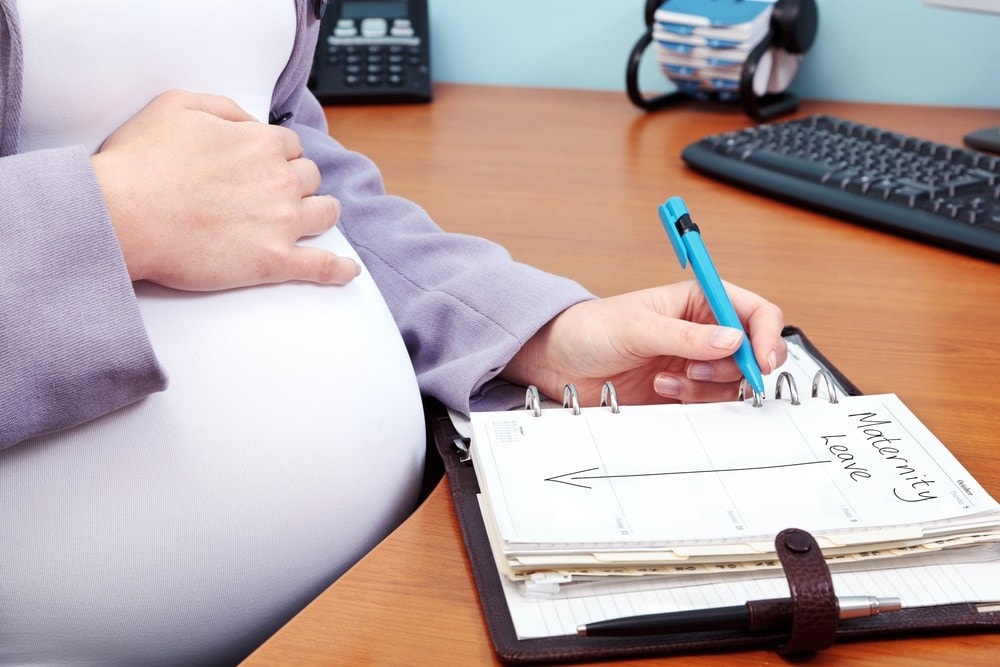The Pregnancy Discrimination Act is an amendment to Title VII of the Civil Rights Act of 1964. Discrimination on the basis of pregnancy, childbirth, or related medical conditions constitutes unlawful sex discrimination under Title VII, which covers employers with 15 or more employees, including state and local governments.
Title VII also applies to employment agencies and to labor organizations, as well as to the federal government. Women who are pregnant or affected by related conditions must be treated in the same manner as other applicants or employees with similar abilities or limitations.
Title VII’s Pregnancy-Related Protections
Hiring
An employer cannot refuse to hire a pregnant woman because of her pregnancy, because of a pregnancy-related condition or because of the prejudices of co-workers, clients, or customers.
Pregnancy and Maternity Leave
An employer may not single out pregnancy-related conditions for special procedures to determine an employee’s ability to work. However, if an employer requires its employees to submit a doctor’s statement concerning their inability to work before granting leave or paying sick benefits, the employer may require employees affected by pregnancy-related conditions to submit such statements.
If an employee is temporarily unable to perform her job due to pregnancy, the employer must treat her the same as any other temporarily disabled employee. For example, if the employer allows temporarily disabled employees to modify tasks, perform alternative assignments or take disability leave or leave without pay, the employer also must allow an employee who is temporarily disabled due to pregnancy to do the same.
Pregnant employees must be permitted to work as long as they are able to perform their jobs. If an employee has been absent from work as a result of a pregnancy-related condition and recovers, her employer may not require her to remain on leave until the baby’s birth.
An employer also may not have a rule that prohibits an employee from returning to work for a predetermined length of time after childbirth. Employers must hold open a job for a pregnancy-related absence the same length of time jobs are held open for employees on sick or disability leave.
Health Insurance
Any health insurance provided by an employer must cover expenses for pregnancy-related conditions on the same basis as costs for other medical conditions. Health insurance for expenses arising from abortion is not required, except where the life of the mother is endangered.
Pregnancy-related expenses should be reimbursed exactly as those incurred for other medical conditions, whether payment is on a fixed basis or a percentage of reasonable-and-customary-charge basis.
The amounts payable by the insurance provider can be limited only to the same extent as amounts payable for other conditions. No additional, increased, or larger deductible can be imposed. Employers must provide the same level of health benefits for spouses of male employees as they do for spouses of female employees.
Fringe Benefits
Pregnancy-related benefits cannot be limited to married employees. In an all-female workforce or job classification, benefits must be provided for pregnancy-related conditions if benefits are provided for other medical conditions. If an employer provides any benefits to workers on leave, the employer must provide the same benefits for those on leave for pregnancy-related conditions.
Employees with pregnancy-related disabilities must be treated the same as other temporarily disabled employees for accrual and crediting of seniority, vacation calculation, pay increases, and temporary disability benefits. It is also unlawful to retaliate against an individual for opposing employment practices that discriminate based on pregnancy or for filing a discrimination charge, testifying, or participating in any way in an investigation, proceeding, or litigation under Title VII.
Pregnancy Discrimination Statistics
In Fiscal Year 2002, the Equal Employment Opportunity Commission (EEOC) received 4,714 charges of pregnancy-based discrimination. EEOC resolved 4,778 pregnancy discrimination charges in FY 2002 and recovered $10.0 million in monetary benefits for charging parties and other aggrieved individuals (not including monetary benefits obtained through litigation).
Compiled using information from the following sources:
1. 29CFR 1604.10, “Employment Policies Relating to Pregnancy and Childbirth”






